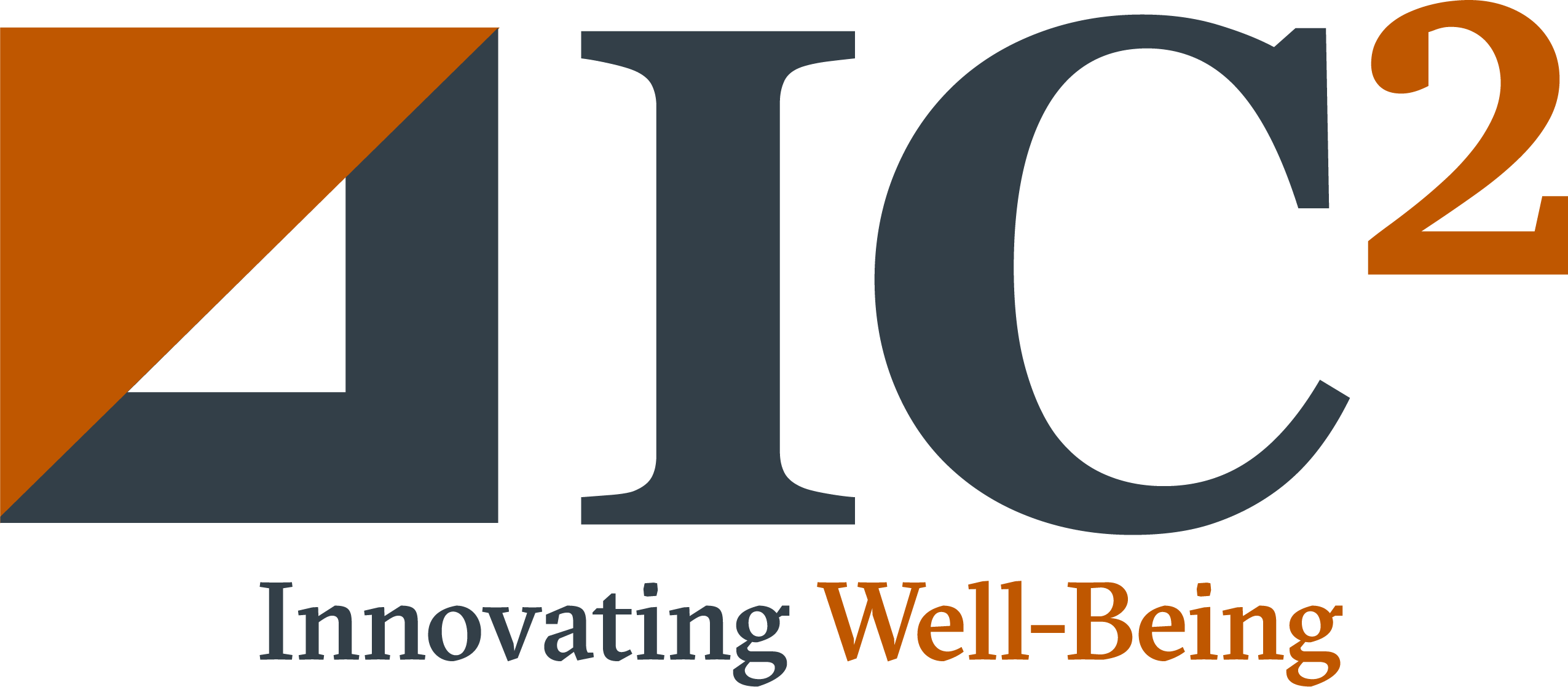The Carl B. & Florence E. King Foundation and the Cynthia and George Mitchell Foundation have funded the IC2 Institute to launch a new research initiative in 2020 about community conservation and economic development. The project comes at a pivotal point in the history of West Texas, as many of its communities face unparalleled growth and disruption as a result of intensive resource extraction. Sustainable economic development is hampered because of the lack of deep engagement (physically or socially) of a substantial proportion of the land/resource owners, the “extractive” approach of large corporate engagement, and the burden placed on communities to support oil and gas development.
Zoom in on the map below to see the communities the IC2 Institute is working with as a part of the Sustainable Development in West Texas research project.
Key challenges include:
- Lack of industry engagement in community culture and resiliency;
- Lack of direct engagement of land and resource owners in community planning and culture;
- Difficulty retaining young talent in region;
- Disparity in wages among regional jobs;
- Desire to maintain community identity amid rapidly changing economic growth conditions;
- Need for affordable housing and amenities.
Research Questions — Focusing on West Texas communities in and around the Permian Basin, the research team will explore the following questions:
- What elements of local business communities are primed for growth?
- What are the common community values that are critical for both economic development and conservation?
- What can be learned from economic benchmarking these select communities?
- How can a value proposition for the three communities improve cohesion and consensus?
- What are the key needs of current and future small businesses?
- What are potential innovation clusters with a clear industry focus?
Research Strategy and Activities — The institute’s research team will develop research partnerships with students and faculty at UT Permian Basin to train a cadre of observers that in the future can be brought in to other West Texas communities to iterate the research conducted in this study and extend its impact. The research activities planned include:
- Regional identity survey – to assess regional cohesion, agreement regarding community values, assets, business direction and future vision for the three chosen communities.
- Individual interviews – a set of interviews in each community with key business owners, community members, land-owners, retirees, and others.
- Focus groups of citizens, students, small business owners, entrepreneurs, academics, city government, and industry to understand the stakeholders’ priorities and community needs.
- Small business focus through pop-up events: Business park, downtown, and university – to understand current community perspectives on new business formation.
Results and Deliverables — “Road Maps” will synthesize the research findings and suggest several areas on which each community can focus, including a value proposition and business cluster proposals. Each Road Map will also include some potential activities that bring together community, government, and business to develop sustainable solutions to ongoing, community-identified problems, as well as benchmarking metrics to track progress in comparison with peer and aspirational communities.
For questions about this study, contact Dr. Bruce Kellison, Director of the Bureau of Business Research at the IC2 Institute.

